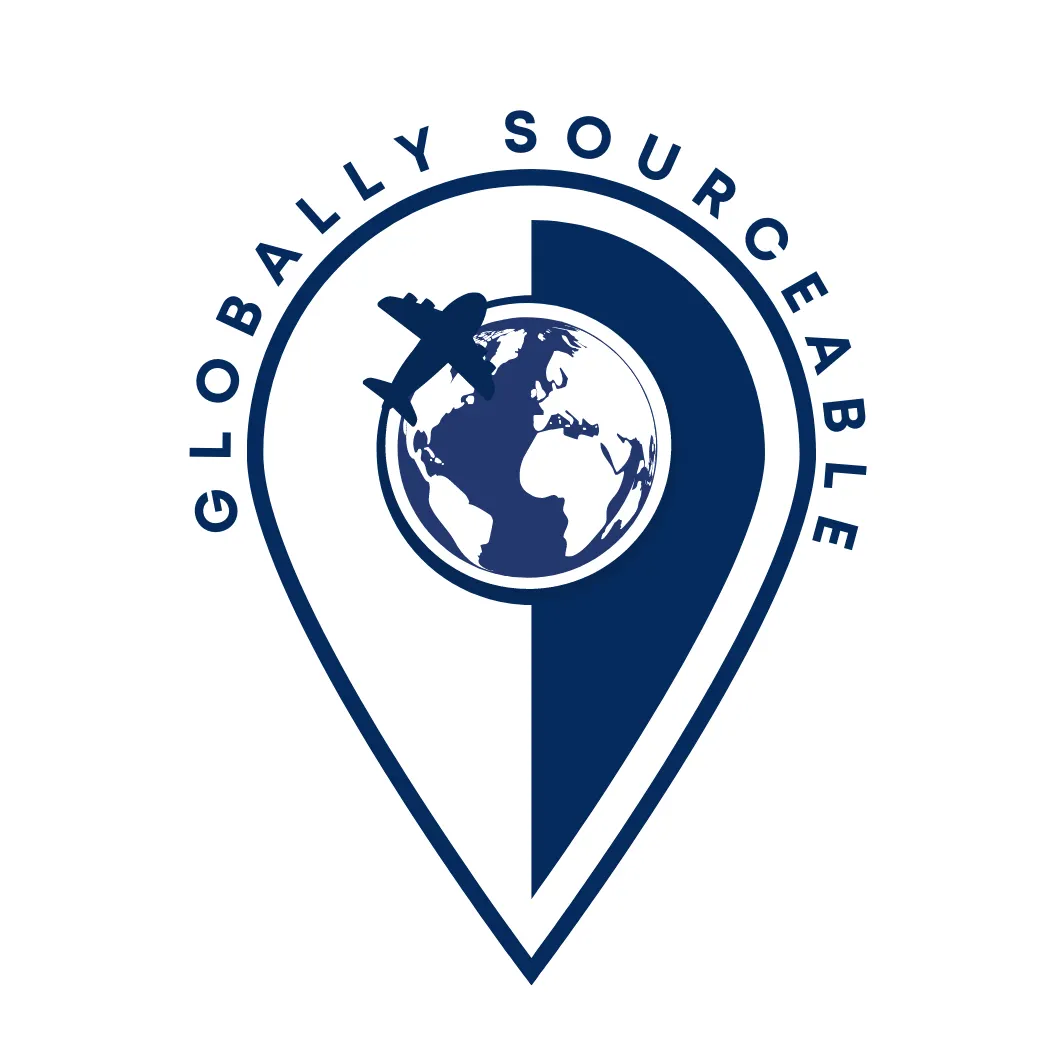Don’t Make These Mistakes When Sourcing In Turkey

It is possible to make a good business sourcing materials, products or services, but it also has many problems and pitfalls that can cause commercial losses in money, time and resources, as well as lost customers when you can’t deliver on your own promises. This is why most purchasers, from private individuals up to large multi-national corporations, opt to use a sourcing agency.
So what are the potential mistakes?
1. Do a simple background check on the supplier.
In Turkey, the company needs to write in the name of their business what they do, and they need to declare this on their website and in their documents. Are they stating that they are a manufacturer or producer? Or a trading company? If the company says it supplies textiles, but you don’t see any direct mention of textiles but references to other products, then be careful. It is quite likely that this is a holding company, or that they are unofficially handling other kinds of business. Is this a big problem? Not necessarily, it is quite common in Turkey and does not mean you should not do business, it just means you have to take it into account and ensure you are contractually tied to the right entity.
2. Check their location on Google Maps and Google Street View
If the supplier claims to be a factory, or a logistics warehouse, but their address shows an office building then perhaps this is their representative office or administration centre, and you need to check where factory is.
If it shows a residential apartment, don’t panic. Many offices are located in residential blocks in Turkey, this is quite normal, but do the same checks as above.
If the location is an empty plot, then it might be that Google Maps is not updated, or it could be time to walk away from the deal.
Even if the location checks out, still be careful because the owner may have more than one company registered and if you send money to the wrong one, many problems will follow.
If you can make a personal visit, that is obviously ideal, but if you don’t want to spend time traveling around trying to check lots of potential suppliers, or if the cost of getting to Turkey is too great or too difficult, then it might be time to use an agency. Globally Sourcable can do this locally in Turkey, and we have a network of partners in other countries who can conduct similar checks where required.
3. Which payment methods does the supplier accept?
In Turkey the government places many controls on how business can be transacted. This really depends on how large your transaction is. For the very large commercial purchases, there will be a lot of administration and scrutiny. For smaller purchases, for example for dropshipping and ecommerce sourcing, there are more possibilities available.
These issues are don’t affect the larger corporations so much, as they have their own procurement teams, and finance and legal departments. These points may still apply to them, but they are mostly for the small business or individual doing their own sourcing.
Bank transfers are generally ok, although be careful that you are sending to the right account. Credit card is also generally ok. If you make payments in these ways and something goes wrong, you can show the evidence to the Police and get assistance to recover your funds.
Moneygram and Western Union also work, but if there is a problem you will find it very difficult to recover your money.
For online payments, PayPal is banned completely, but there are other online competitors including local ones which work well.
BitCoin (and other crypto currency) is accepted for exchange into other currencies but banned for business payments. There are many other choices for online payment which do work, but check that they have approval and suitable limits before using them.
Cash payments are also accepted if you are in Turkey, but this is highly risky and fraud or outright theft are possible, and the seller may be trying to avoid tax or any kind of legal liability should the products be incorrect or defective.
The best way is to use an intermediary to manage escrow payments, which is more costly of course, but provides an extra layer of trust and protection. At Globally Sourcable we manage payments carefully to protect your money and your business. We typically pay between 10% and 30% to the supplier, which is enough to secure the order, reserve production capacity or supplies, and commence delivery. Only when a quality control has been performed and delivery has been signed off. We recommend never paying the full amount. If you do, more often than not you will experience problems and may even need to resort to lawyers to get everything back on track or to safely exit the deal.
4. Order a sample
You really should do this. It will prove that the supplier can deliver, has the right quality, and that they understand what you are requesting. Check the size, check the weight, check the material, check all of the details, because you need to specify everything in the order form so there is no confusion, misunderstandings or mistakes. If you like the sample that the supplier sent to you, take detailed notes, take pictures from different angles in good lighting, and keep those for comparison in case of any differences in the first order. Write everything in that order, all of the descriptions, attach the pictures, and send your purchase order with your contract. Don’t just accept the sample and tell them to go ahead, be careful to gather evidence to support any dispute you may with the supplier. Also, be careful of fakes. Unfortunately there is a thriving market in fake products passing off as well-known brands. Be sure to do thorough checks if you are dealing in these.
5. Logistics and Insurance
People often under-estimate the challenges of getting their purchases packed, labeled, stored, shipped, cleared through customs, and delivered. There is a well-developed logistics and handling industry in Turkey, but also a lot of fragmentation and layer upon layer of bureaucracy. This is not necessarily difficult to manage if you have the experience and the right contacts, but small problems can quickly become costly, time-consuming and tiring if not carefully controlled and quickly addressed.
Also, don’t forget insurance. This is fairly inexpensive in Turkey, depending on the value and volume of your consignments, and a very worthwhile investment to ensure peace of mind. Losing your money and having incorrect product, faulty product, fake product or no product at all is not a great way to start your sourcing journey.
6. Legislation and Regulations
As previously mentioned, there are many administrative process and bureaucratic layers involved in organizing export of materials and products. The USA, the EU and the UK all have strict and varying standards which must be adhered to, with many countries copying or implementing their own equivalents to some degree. If the product or material is ok but not correctly labeled, or the content is not compliant with standards (for GMO content in food, sustainable origin in wood, anti-slavery or child workers in labor, hazardous materials in beauty and cleaning products, and many, many more), or outright prohibited from export from Turkey, or import into your target country.
There is a lot to deal with, whether in Turkey or other countries, each state has it’s own unique processes and difficulties, so do your research and don’t miss any steps.
If you need assistance, Globally Sourceable is here to help. Just complete the form and we will be in touch to discuss your requirements.
